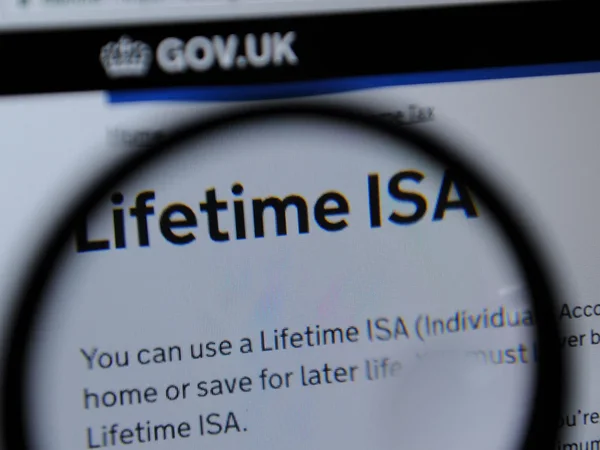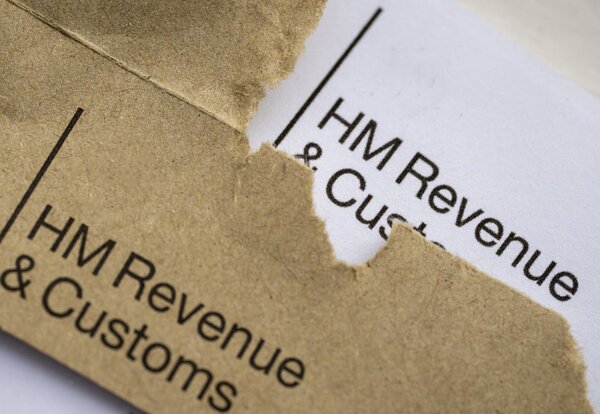A Closer Look at This Topic
Losing someone you love is hard enough without worrying about a surprise tax bill. Yet many families across the UK face exactly this challenge when dealing with inheritance tax.
Understanding the inheritance tax rules can help you navigate this complex area and potentially reduce your tax liabilities.
The good news? Most estates don’t actually pay any inheritance tax at all. However, if your loved one’s estate is valuable enough, you might need to hand over a significant chunk to HMRC.
Understanding how much inheritance tax you might need to pay could save your family thousands of pounds—and a lot of stress—during an already difficult time.
Understanding Inheritance Tax Thresholds
Inheritance tax thresholds are crucial in determining whether you need to pay inheritance tax and how much. The main threshold to be aware of is the Nil Rate Band (NRB), which currently stands at £325,000. This means that if the total value of the estate is below this amount, no inheritance tax is payable.
However, if the estate exceeds this threshold, inheritance tax is charged at a hefty 40% on the amount above £325,000.
But there’s more good news. The Residence Nil Rate Band (RNRB) can further increase your inheritance tax threshold by an additional £175,000. This extra allowance applies when you pass on your main residence to direct descendants, such as your children or grandchildren.
When combined with the NRB, this can potentially raise your total inheritance tax threshold to £500,000.
It’s important to note that the RNRB starts to taper away for estates worth more than £2 million.
For every £2 above this threshold, the RNRB is reduced by £1. This means that for very large estates, the benefit of the RNRB gradually diminishes.
Understanding these thresholds can help you better plan your estate and potentially reduce the amount of inheritance tax payable, ensuring more of your wealth is passed on to your loved ones.
How much is inheritance tax actually charged at?
Inheritance tax is charged at a standard inheritance tax rate of 40% on the value of an estate above certain thresholds. That’s a substantial slice of someone’s legacy, making it one of the highest tax rates in the UK.
Everyone has a tax-free allowance of £325,000—what HMRC calls the ‘nil-rate band’. Additionally, there’s an extra allowance of £175,000 if you’re passing on your home to your children or grandchildren, known as the ‘residence nil-rate band’. Using an inheritance tax calculator can help you accurately determine your potential tax liabilities and plan accordingly.
Married couples and civil partners can combine their allowances, potentially passing on up to £1 million without any inheritance tax being due. Furthermore, if you leave 10% or more of your estate to charity, the tax rate drops from 40% to 36%.

Who actually ends up paying inheritance tax?
Only about 4% of estates in the UK pay inheritance tax, so the chances are your family might not need to worry. The executor of the will (or administrator if there’s no will) handles paying the tax bill using money from the estate.
The tax usually needs to be paid within six months after the person has died, and failing to pay tax on time can result in penalties. This can sometimes create cash flow problems if most of the value is tied up in property or other non-liquid assets.
Certain people don’t pay inheritance tax at all. Spouses and civil partners can inherit everything tax-free, and charities are also exempt from paying this tax.
What counts towards your inheritance tax bill?
Your home is usually the biggest part of your estate. Property prices have pushed many ordinary families into the inheritance tax bracket, particularly in London and the South East.
Understanding your inheritance tax allowance can help you better plan your estate and potentially reduce the amount of tax payable.
Cash, investments, cars, jewellery, art and other possessions all count towards the total. Even ISAs, which are tax-free while you’re alive, form part of your taxable estate when you die.
Business assets might be included, though there’s often relief available that can reduce or eliminate the tax on these. Any gifts you made within seven years before your death might also be counted to prevent last-minute tax avoidance.
Life insurance policies usually form part of your estate unless they’re written in trust, which is a simple but effective planning technique many overlook.
Gifts and Inheritance Tax
Gifting can be a smart strategy to reduce your inheritance tax bill, but it’s essential to understand the rules to avoid any surprises. Gifts made during your lifetime can be subject to inheritance tax if you pass away within seven years of making the gift. This is known as the seven-year rule.
If you survive for seven years or more after making the gift, it becomes completely exempt from inheritance tax.
In addition to this, there are annual exemptions that allow you to make tax-free gifts. Each tax year, you can give away up to £3,000 without it being added to the value of your estate for inheritance tax purposes.
If you don’t use this exemption one year, you can carry it forward to the next year, allowing you to give away up to £6,000 tax-free.
Moreover, gifts made out of your regular income are also exempt from inheritance tax, provided they don’t affect your standard of living.
This means you can make regular gifts to your children or grandchildren without worrying about inheritance tax, as long as these gifts come from your income rather than your savings or capital.
By understanding and utilising these gifting rules, you can effectively reduce your inheritance tax bill and ensure more of your wealth is passed on to your loved ones.

Which exemptions could cut your inheritance tax bill?
The spouse exemption is the biggest saver. You can leave everything to your husband, wife or civil partner completely tax-free, regardless of the amount involved.
Everyone can give away £3,000 each tax year without inheritance tax implications, thanks to the annual exemption. Small gifts of up to £250 to any number of people are exempt too, making regular gifting a practical strategy.
Wedding gifts are also exempt, up to certain limits:
- £5,000 for gifts to your child
- £2,500 to a grandchild
- £1,000 to anyone else
Regular gifts from your normal income can be exempt if they don’t reduce your standard of living.
Understanding and utilising tax free allowances can significantly reduce your inheritance tax liabilities.
I once helped a client who saved over £40,000 in potential inheritance tax simply by documenting her regular gifts to family from her pension income. These qualified as normal expenditure out of income and were completely exempt.
How can you legally pay less inheritance tax?
Making a will is step one. Without one, your estate might not make the best use of available allowances and exemptions that could save your family thousands.
There are various strategies to avoid inheritance tax, such as making use of pension savings and charitable donations.
Consider giving away money or assets during your lifetime. If you survive for seven years afterwards, these gifts become completely tax-free, regardless of their value.
Setting up a trust might help in some situations, especially when planning for a spouse or civil partner. Life insurance can be a clever way to cover a potential inheritance tax bill, especially when written in trust.
Spending more and saving less is another option! After all, you can’t take it with you, and enjoying your money now might be more rewarding than leaving it to the taxman.

Is inheritance tax planning worth the effort?
Absolutely! With the right planning, you could save your loved ones thousands of pounds in tax. The earlier you start thinking about inheritance tax, the more options you’ll have available.
Getting professional advice is usually money well spent. Tax rules change frequently, and what worked for your neighbour might not work for you given your specific circumstances. Have your tax assistant help you calculate your inheritance tax.
Remember that inheritance tax is somewhat voluntary—with proper planning, many families can reduce their liability significantly or even eliminate it altogether. Taking action now could preserve more of your wealth for future generations.
Plan ahead with Pie
Pie is the UK’s first personal tax app designed specifically to help working individuals tackle their tax challenges. Unlike other solutions, Pie offers integrated bookkeeping, real-time tax calculations, simple tax return submission, and expert advice when you need it.
Why not start planning today? Your family will thank you for it, and you’ll gain peace of mind knowing you’ve taken care of this important aspect of your financial legacy.











